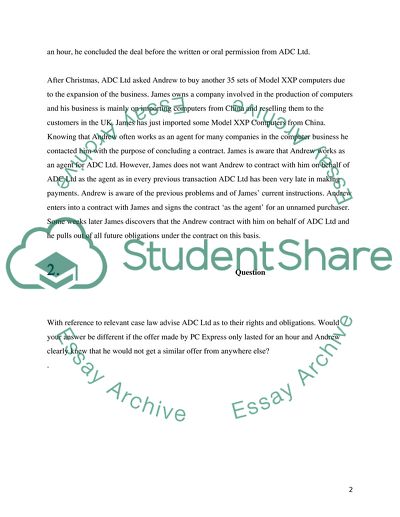Cite this document
(“Agency and Partnership Law Essay Example | Topics and Well Written Essays - 3750 words”, n.d.)
Agency and Partnership Law Essay Example | Topics and Well Written Essays - 3750 words. Retrieved from https://studentshare.org/law/1561732-agency-and-partnership-law
Agency and Partnership Law Essay Example | Topics and Well Written Essays - 3750 words. Retrieved from https://studentshare.org/law/1561732-agency-and-partnership-law
(Agency and Partnership Law Essay Example | Topics and Well Written Essays - 3750 Words)
Agency and Partnership Law Essay Example | Topics and Well Written Essays - 3750 Words. https://studentshare.org/law/1561732-agency-and-partnership-law.
Agency and Partnership Law Essay Example | Topics and Well Written Essays - 3750 Words. https://studentshare.org/law/1561732-agency-and-partnership-law.
“Agency and Partnership Law Essay Example | Topics and Well Written Essays - 3750 Words”, n.d. https://studentshare.org/law/1561732-agency-and-partnership-law.


